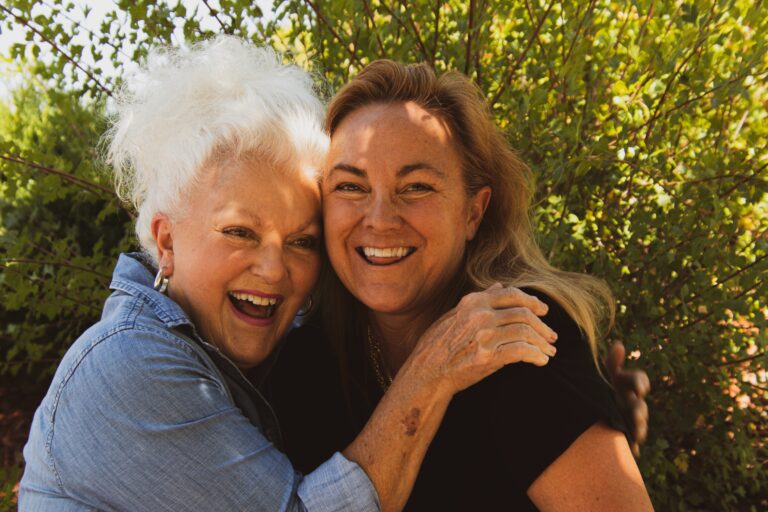Aging is a natural part of life, but watching our parents grow older can be a challenging journey. It’s essential to recognize the signs that they might need additional assistance. Here are seven indicators that your aging parent may benefit from the support of a caregiver.
Aging is a natural part of life, but watching our parents grow older can be a challenging journey. It’s essential to recognize the signs that they might need additional assistance. Here are seven indicators that your aging parent may benefit from the support of a caregiver.
1. Changes in Appearance and Personal Hygiene
If you’ve noticed your parent wearing the same outfits for several days, neglecting their grooming, or appearing unkempt, this could be a sign that they’re struggling with their daily routines. This is not just about vanity; poor hygiene can lead to health issues.
2. Declining Mobility
Has your parent’s movement become less steady? Are they grappling with balance or facing difficulty getting up from a seated position? Mobility challenges can make even simple tasks perilous. Assistive devices or a caregiver can help ensure their safety. Declining mobility can be one of the first signs that they are becoming a fall risk.
3. Forgetfulness and Memory Lapses
We all forget things occasionally, but consistent memory lapses—like misplacing items, forgetting to turn off the stove, or struggling to remember names and important dates—can be indicative of a deeper concern. These lapses can pose serious risks, especially if they’re living alone.
4. Changes in Behavior or Mood
Mood swings, unexplained irritability, or a sudden withdrawal from social activities can signal underlying issues. Emotional well-being is crucial at every age. A caregiver can provide companionship and ensure they’re socially engaged.
5. Neglected Household Responsibilities
Piles of unopened mail, spoiled food in the fridge, or a cluttered living space can indicate that daily chores are becoming overwhelming. It’s more than just tidiness; an untended household can present hazards like trip risks or fire dangers.
6. Health Issues or Medication Mismanagement
If your parent has recently had multiple health scares or hospital visits, they might need assistance. Additionally, not properly managing medications—either by taking incorrect dosages or forgetting altogether—can have dire consequences. Having a caregiver around to offer medication reminders can be invaluable to their care plan compliance.
7. Isolation and Loneliness
Social connections play a significant role in our mental and emotional health. If your parent is avoiding friends, skipping social engagements, or spending most of their time alone, they may feel isolated. A caregiver can offer much-needed companionship and help rekindle their zest for life.
Acknowledging the changing needs of our aging loved ones isn’t easy. However, being proactive can ensure their safety, health, and happiness. If any of these signs resonate with your parent’s situation, consider consulting an elder care professional or exploring caregiver options. After all, every moment we can gift our parents with comfort and peace of mind is invaluable for them and for us.

From a young age, Stacey’s link to the senior care industry grew alongside her mother’s work at a nursing home, where she often accompanied her. By her early teens, she secured her first official job at a nursing home, laying the foundation for a profound journey in senior care spanning over four decades. Her roles varied from opening assisted living and memory care residences to working in nursing homes and independent senior living communities. As the former Director of Fun for 300 independent seniors, she expertly organized daily events and trips. Stacey’s unwavering passion, nurtured by her family, and professional dedication as a recreation therapist, reflect her deep commitment to preserving the dignity and well-being of seniors.
Stacey’s senior care expertise has been recognized by the media including U.S. News and World Report and Care.com.
Stacey and her husband Bryan are the owners of the senior in-home care agency A Place At Home – North Austin.




